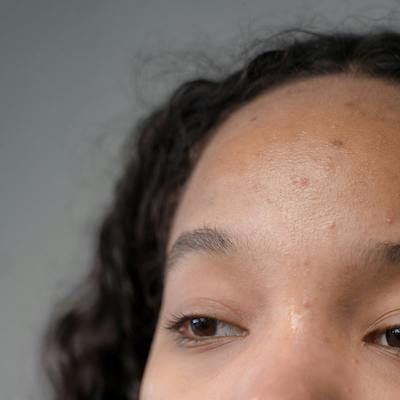Article
Sarecycline Approved for the Treatment of Moderate to Severe Acne
Author(s):
In a pivotal phase 3 trial, patients' absolute change in facial inflammatory lesion counts included a least squares mean difference of -5.2 compared to those on placebo.

The US Food and Drug Administration (FDA) has approved Paratek Pharmaceuticals Inc.’s sarecycline (SEYSARA) for the treatment of inflammatory lesions of non-nodular moderate to severe acne vulgaris in patients 9 years of age and older.
A once-daily, oral, narrow spectrum tetracycline-derived antibiotic with anti-inflammatory properties, sarecycline is a treatment for moderate to severe acne in the community setting.
In a pair of phase 3 clinical trials (SC1401 and SC1402), sarecycline met 12-week primary efficacy endpoints, which included an absolute change in facial inflammatory lesion counts and the percentage of participants with Investigator Global Assessment (IGA) success.
The replicative phase 3 randomized, multicenter, double-blind, placebo-controlled studies sought to assess the efficacy and safety of sarecycline administered in doses of 1.5 mg/kg per day compared to placebo in the treatment of moderate to severe acne.
Evaluation of the efficacy and safety of oral sarecycline 1.5 mg/kg per day compared to placebo for the treatment of inflammatory acne lesions in subjects with moderate to severe acne based on the IGA scale score and inflammatory lesion counts served as the primary objective.
Patients were randomized 1:1 into 2 treatment groups and administered either sarecycline tablets (60 mg, 100 mg and 150 mg, providing a dose of 1.5 mg/kg/day) or placebo once daily for 12 weeks.
In respect to the primary efficacy endpoints, sarecycline was observed to be significantly (P < .004) superior to placebo statistically. The absolute change in facial inflammatory lesion counts included a least squares mean difference of -5.2 (95% CI: -6.7 to -3.6; P < .0001) compared to placebo. The percentage of participants with IGA success included a treatment rate difference of 11.05 (95% CI: 6.39 - 15.72, P < .0001) compared to placebo.
Nausea (3.2%), nasopharyngitis (2.8%), and headache (2.8%) included the most common adverse events (> 2%) reported in the sarecycline group.
In the 2 studies combined, the rate of discontinuation due to adverse events among sarecycline-treated patients was 1.4%.
"The positive efficacy results observed in the pivotal phase 3 clinical trials indicate that sarecycline can be an effective treatment option for patients with moderate to severe acne," David Nicholson, chief global research & development officer at Allergan, said in a recent statement. "We look forward to submitting a new drug application for sarecycline and bringing to market a potential new option for physicians treating patients with acne."



